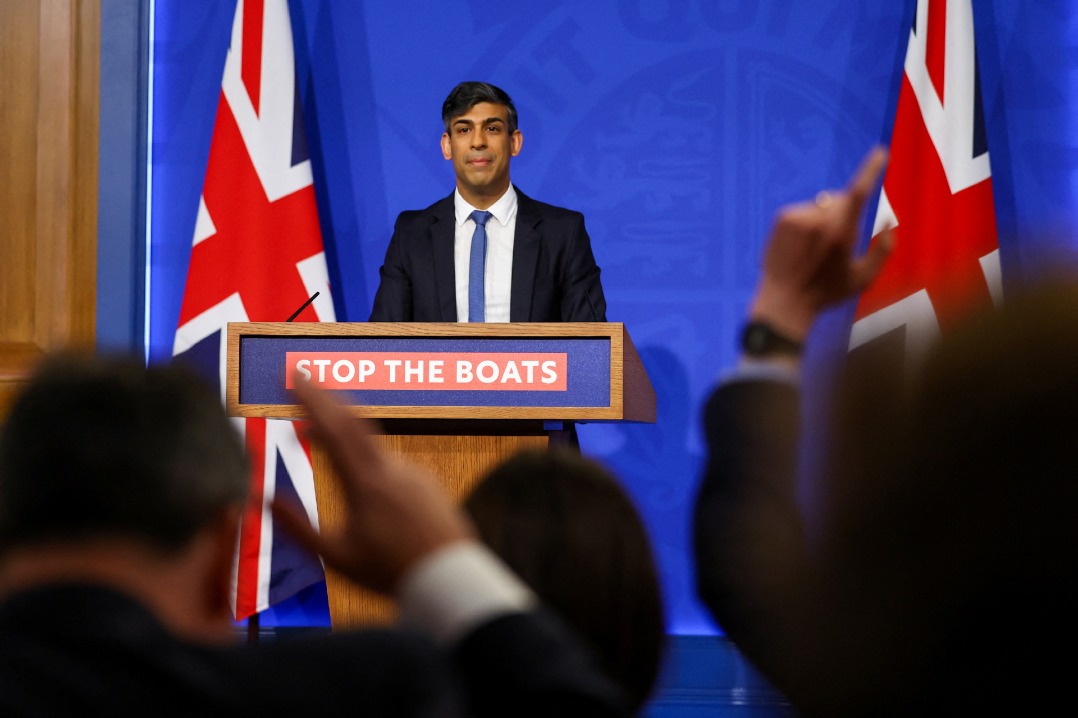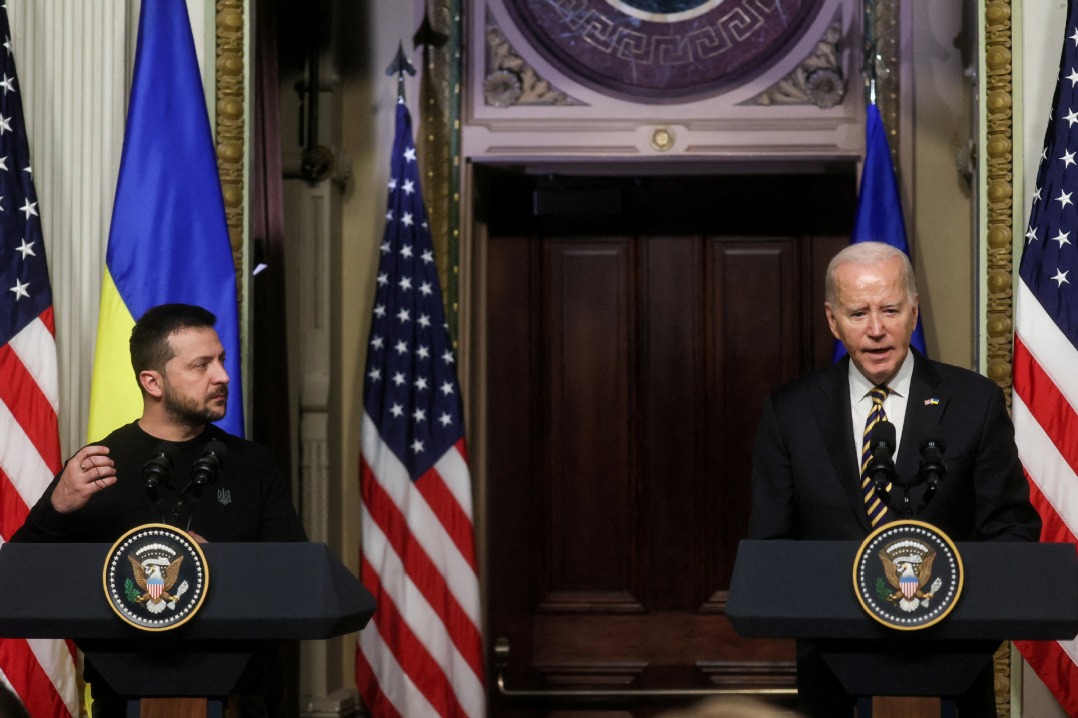Stimulus packages fraught with perils
China Daily | Updated: 2020-11-27 07:26

The economic recession caused by COVID-19 is putting pressure on central banks worldwide to further cut interest rates and relax policies.
However, International Monetary Fund Managing Director Kristalina Georgieva has warned that additional stimulus packages could endanger global financial stability, asking policymakers to balance short-term stimulus measures with inflation and accumulation of macro-financial vulnerabilities.
Similar to the response to the 2008 global financial crisis, many developed countries have responded to the novel coronavirus outbreak by adopting bolder and more aggressive stimulus measures. It is expected that when the new United States administration assumes office, and people are vaccinated against the novel coronavirus, it too will adopt easy monetary policy to stimulate its economic recovery.
G20 countries turned to coordinated expansionist monetary policies after 2008, but the policies failed to stimulate economic growth, and instead widened the poor-rich divide and worsened the effects of the developed countries' monetary policy spillover, posing a challenge to the stability of emerging market economies.
That was why the G20 Hangzhou Summit in 2016 issued a communiqué stressing that monetary policy alone cannot achieve balanced growth.
COVID-19 has dealt a heavy blow to almost all economies, but China has managed to bring the epidemic largely under control and realized economic recovery. In comparison, many developed countries are still reeling under the impact of the pandemic and could adopt more aggressive stimulus plans next year.
Many insiders say that the incoming Joe Biden administration's top priority will be to control the epidemic, revitalize the economy and push through easy monetary policy.
However, if other central banks expect the US Federal Reserve to keep pumping money into the market, they should realize it will trigger a fall in the dollar index and its depreciation, causing more funds to flow to China and hold renminbi assets.
Unlimited quantitative easing by the US will affect global financial stability and produce unimaginable negative effects. Emerging economies will face more pressures, including imported inflation, dwindling of foreign currency assets, exchange rate and capital market fluctuations, once again pushing the world to the brink of a new financial crisis.
China should try to prevent the massive inflow of short-term arbitrage dollars that may affect its monetary policy, import inflation and push up domestic asset prices. It should also make efforts to maintain a prudent and sound monetary policy and prevent speculative activities and the blind pursuit of higher leverage that will endanger its financial stability.
If you have a specific expertise and would like to contribute to China Daily, please contact us at opinion@chinadaily.com.cn , and comment@chinadaily.com.cn























